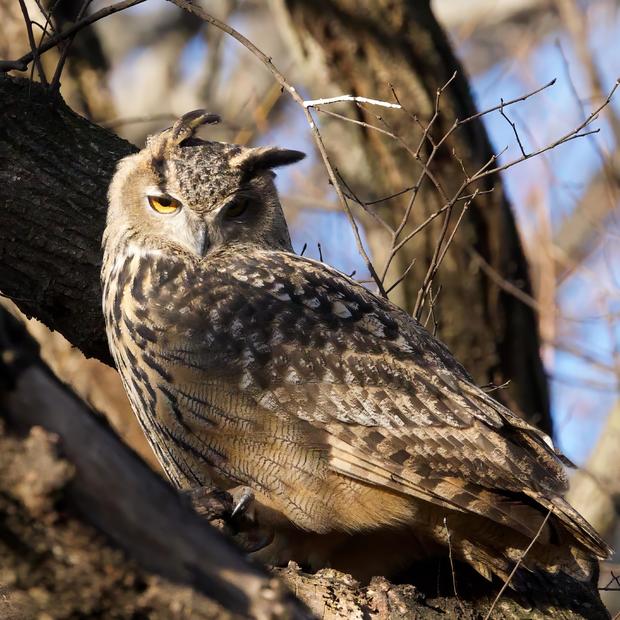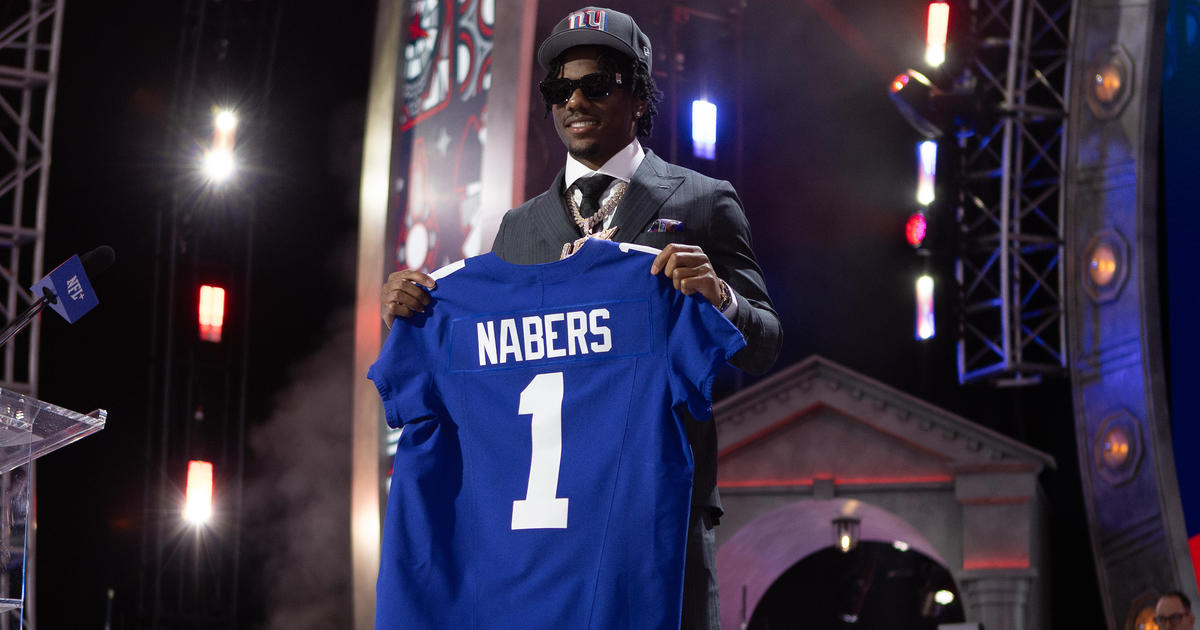Flaco had rat poison, pigeon virus in his system when he died, Central Park Zoo says
NEW YORK -- Several factors contributed to Flaco the owl's death last month, according to his necropsy.
The Central Park Zoo released the results of the report Monday.
"In addition to the traumatic injuries, Flaco had two significant underlying conditions," zoo officials wrote in a statement.
Flaco not only suffered traumatic injuries from colliding with a building, he was also exposed to four kinds of rat poison and had contracted a severe case of something called "pigeon herpesvirus" from eating feral pigeons.
"It's hard to tell if one of these was the predominate cause of illness and death, but certainly the fact that he had those three things happening, any one of which could have been fatal," said Dr. Paul Calle, chief veterinarian for the Wildlife Conservation Society.
The zoo said the virus caused inflammation and severe tissue damage in his spleen, liver, gastrointestinal tract, bone marrow and brain.
"These factors would have been debilitating and ultimately fatal, even without a traumatic injury, and may have predisposed him to flying into or falling from the building," the zoo wrote.
Toxicology results also revealed trace amounts of DDE, a breakdown of the pesticide DDT, but the zoo said the levels were not significant and did not contribute to his death.
With nesting season here, wildlife experts fear other birds could be in similar danger.
Wildlife experts say rodenticides are toxic pesticides commonly used for rat control by private homeowners and the city.
"More animals are dying from it," Wild Bird Fund Director Rita McMahon said.
McMahon says rodenticide poisoning is to blame for 84% of bird deaths they encounter, and the chemicals stay in a bird's system for at least 100 days.
"They not only have one anticoagulant, they'll have three, four at the same time," she said.
City officials tell us it's focusing first on non-chemical approaches to control the growing rat population -- pesticides are used as a last resort -- but wildlife experts are demanding an end to the use of toxic pesticides all together, especially as birds enter nesting season.
"Our choices of what we put into the environment directly affect wildlife," said Emily Einhorn, a wildlife rehabilitator and supervisor at the Wild Bird Fund.
Flaco escaped from the zoo on Feb. 2, 2023 after someone apparently cut the steel mesh on his exhibit. The zoo spent weeks trying to capture him, but he evaded the efforts and spent a year living in the wild.
The 13-year-old Eurasian eagle-owl died last month after colliding with a building on West 89th Street.
He left his mark on the city, and his followers set up a memorial at the base of his favorite tree. Central Park's Wollman Rink even held a special ice show paying tribute to the bird.





